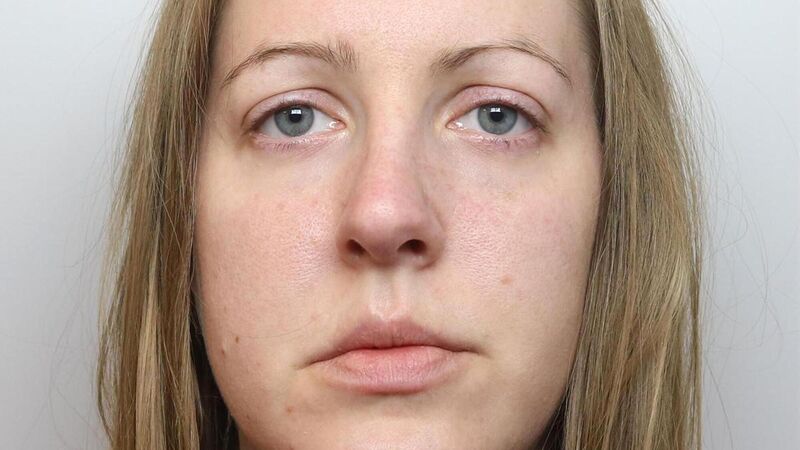A campaign to free killer nurse Lucy Letby is gaining momentum

Child serial killer Lucy Letby: In August 2023, Letby, 34, of Hereford, was convicted of the murders of seven babies and the attempted murders of six other infants at the Countess of Chester Hospital between June 2015 and June 2016.
A young nurse is destined to spend the rest of her life in prison but she may be a victim of a miscarriage of justice.
So goes the current narrative around Lucy Letby, who is serving a whole of life prison sentence in the UK for murdering seven babies and attempting to murder seven other infants.













